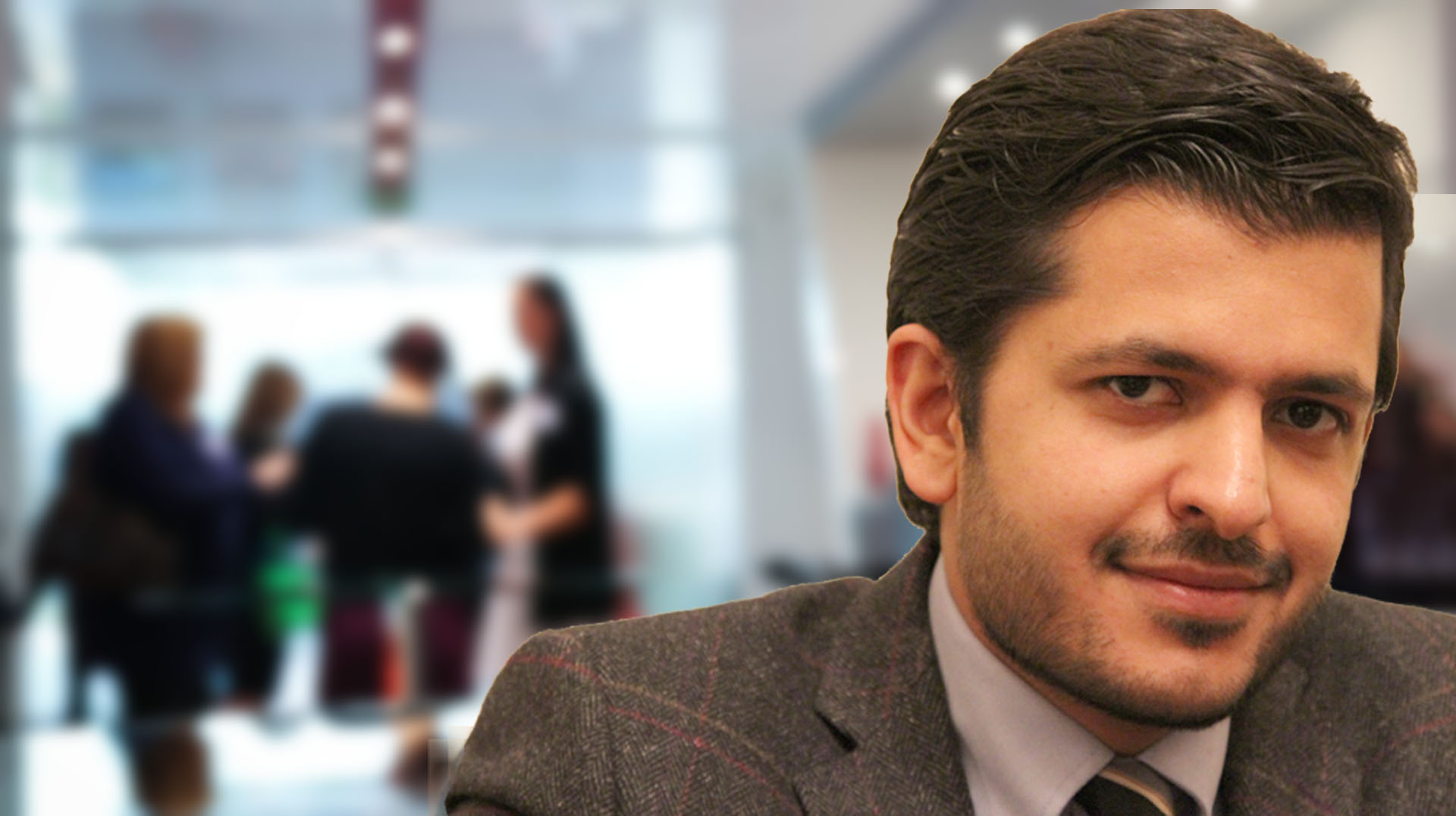
Practicum Script was present at the meeting of the British Association for the Study of Medical Education (ASME). The annual scientific conference, held between July 3 and 5 under the title “Sustainability, Transformation and Innovation in Medical Education,” included an oral presentation by Prof Amir H. Sam on the implementation of the clinical reasoning simulator Practicum Script in the degree cycle planned for the 2019-2020 academic year. The head of the editorial team of Imperial College London focused his presentation on the acceptance of uncertainty, a constant inherent to clinical decision-making whose "management must be learned starting at basic training."
Glasgow - July 8, 2019. Dr Amir H. Sam – Head of Curriculum and Evaluation Development at Imperial College London (Great Britain) and leading author of the cases of Practicum Script applied to medical students – had an outstanding performance in a parallel session of the ASME 2019 meeting. The expert participated as an ambassador of the ambitious pilot study, coordinated by the European Board of Medical Assessors, to incorporate Practicum Script into the curriculum of medical schools. According to his theory, the clinical simulation tool emphatically embraces the doubts and limitations of scientific knowledge.
“This is a project that assesses learning,” said the expert. The project consists of the simulation of 20 real clinical cases of Internal Medicine offered through the Practicum Script online platform. Using a tutored system, students will make decisions regarding diagnosis, treatment, or use of complementary tests that will help them become more autonomous. Practicum Script has a long history in continuous professional development and is specifically based on the principle that what matters is not the diagnosis itself, but how to get to it. The simulator develops critical judgment, broadens the mind to differential diagnoses, and boosts confidence in decision making.
Around 20 schools will test Practicum Script as a standardized method for training of clinical reasoning. The objective is to evaluate the students beyond the memorization of factual knowledge for prioritization of higher-order cognitive skills. According to Prof Sam, “in life, nothing is black or white; in real life, people disagree, and it is convenient to assume uncertainty as part of clinical practice.” In his opinion, there may be more than one answer for a single scenario, and one of the main advantages of the program is the confrontation of the answers with those of a panel of experts as immediate feedback.
Uncertainty and cognitive training
Early in the 20th century, William Osler told his recent graduates that "medicine is the science of uncertainty and the art of probability." Although the prevailing vision of medical science is that of a discipline capable of providing univocal justifications and highly precise predictions, decisions are made under conditions of uncertainty, a fact this prevails throughout the continuum of medical education. Uncertainty derives, among others, from individual variability. "It is, therefore, convenient to eliminate anxiety from the equation," according to Prof Sam. Practicum Script covers this angle with the pilot project focused on students in clinical Internal Medicine rotations. "The clinical environment is rather gray," according to the expert.
Full list of the medical schools participating in the research and application project for students:
• University of Algarve (Portugal) • University Charité Berlin (Germany) • Complutense University of Madrid (Spain) • David Tvildiani University (Georgia) • University of Exeter (Great Britain) • Francisco de Vitoria University (Spain) • University of Ghent ( Belgium) • University of Glasgow (Great Britain) • Harvard University (United States) • University of Lodz, (Poland) • Imperial College London (Great Britain) • University of Maastricht (Netherlands) • University of Minho (Portugal) • Newcastle University (Great Britain) • Oxford University (Great Britain) • Plymouth University (Great Britain) • Pontifical Catholic University Argentina (Argentina) • University of Rome La Sapienza (Italy) • University of Salvador (Argentina) • University of Sao Paulo (Brazil) • Uppsala University (Sweden)
Our personalized help center enables you to obtain technical support and help for navigating through the site and using the program.